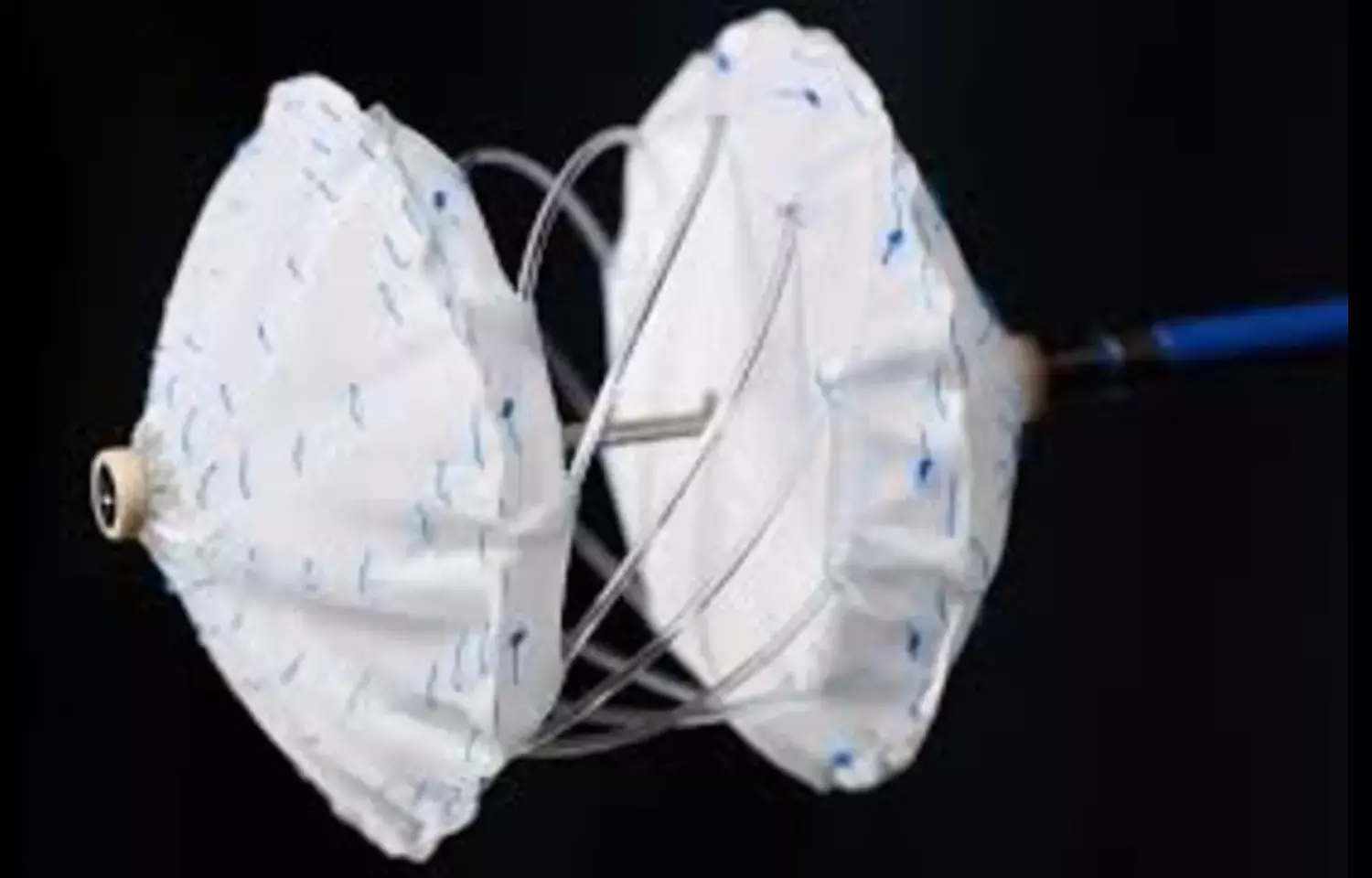- Home
- Medical news & Guidelines
- Anesthesiology
- Cardiology and CTVS
- Critical Care
- Dentistry
- Dermatology
- Diabetes and Endocrinology
- ENT
- Gastroenterology
- Medicine
- Nephrology
- Neurology
- Obstretics-Gynaecology
- Oncology
- Ophthalmology
- Orthopaedics
- Pediatrics-Neonatology
- Psychiatry
- Pulmonology
- Radiology
- Surgery
- Urology
- Laboratory Medicine
- Diet
- Nursing
- Paramedical
- Physiotherapy
- Health news
- Fact Check
- Bone Health Fact Check
- Brain Health Fact Check
- Cancer Related Fact Check
- Child Care Fact Check
- Dental and oral health fact check
- Diabetes and metabolic health fact check
- Diet and Nutrition Fact Check
- Eye and ENT Care Fact Check
- Fitness fact check
- Gut health fact check
- Heart health fact check
- Kidney health fact check
- Medical education fact check
- Men's health fact check
- Respiratory fact check
- Skin and hair care fact check
- Vaccine and Immunization fact check
- Women's health fact check
- AYUSH
- State News
- Andaman and Nicobar Islands
- Andhra Pradesh
- Arunachal Pradesh
- Assam
- Bihar
- Chandigarh
- Chattisgarh
- Dadra and Nagar Haveli
- Daman and Diu
- Delhi
- Goa
- Gujarat
- Haryana
- Himachal Pradesh
- Jammu & Kashmir
- Jharkhand
- Karnataka
- Kerala
- Ladakh
- Lakshadweep
- Madhya Pradesh
- Maharashtra
- Manipur
- Meghalaya
- Mizoram
- Nagaland
- Odisha
- Puducherry
- Punjab
- Rajasthan
- Sikkim
- Tamil Nadu
- Telangana
- Tripura
- Uttar Pradesh
- Uttrakhand
- West Bengal
- Medical Education
- Industry
Bioresorbable Occluder Matches Metallic Device for ASD Closure: JAMA

According to findings of a study published in JAMA, a bioresorbable occluder has been shown to be noninferior to traditional metallic devices for atrial septal defect (ASD) closure. The study evaluated patients undergoing transcatheter ASD repair and found that the bioresorbable device achieved comparable closure rates and clinical outcomes to conventional metallic occluders. Importantly, the device demonstrated near-complete degradation within two years, indicating potential long-term advantages in reducing device-related complications and improving vascular integration.
Here’s the thing: the bioresorbable occluder may offer unique clinical benefits over metallic devices, particularly in pediatric and young adult populations where lifelong implants can pose risks. By gradually resorbing, the device minimizes the long-term foreign body presence in the heart, potentially reducing risks such as thrombus formation, interference with cardiac growth, and device-related arrhythmias. The findings suggest that bioresorbable technology could represent a transformative approach in structural heart interventions, balancing safety and efficacy with long-term biocompatibility.
What this really means is that clinicians now have an evidence-based alternative to metallic occluders, expanding treatment options for ASD patients. The study underscores the importance of ongoing follow-up to assess functional outcomes, cardiac remodeling, and device resorption timelines. As bioresorbable technologies continue to evolve, further research may refine indications, optimize device design, and confirm long-term advantages in diverse patient populations. This study highlights a key step forward in minimally invasive cardiac care, combining innovation with proven clinical effectiveness.
Reference (APA style):
Zhang, H., Li, Y., Chen, X., Wang, J., & Liu, Q. (2025). Bioresorbable occluder matches metallic device for atrial septal defect closure: A multicenter noninferiority study. JAMA, 334(11), 1125–1135. https://doi.org/10.1001/jama.2025.2840484
Dr. Shravani Dali has completed her BDS from Pravara institute of medical sciences, loni. Following which she extensively worked in the healthcare sector for 2+ years. She has been actively involved in writing blogs in field of health and wellness. Currently she is pursuing her Masters of public health-health administration from Tata institute of social sciences. She can be contacted at editorial@medicaldialogues.in.
Dr Kamal Kant Kohli-MBBS, DTCD- a chest specialist with more than 30 years of practice and a flair for writing clinical articles, Dr Kamal Kant Kohli joined Medical Dialogues as a Chief Editor of Medical News. Besides writing articles, as an editor, he proofreads and verifies all the medical content published on Medical Dialogues including those coming from journals, studies,medical conferences,guidelines etc. Email: drkohli@medicaldialogues.in. Contact no. 011-43720751


